
Environment
Our goal is to foster the translation of academic innovations for real-world implementation to address climate change.
We support researchers in developing solutions to reduce methane emissions. Methane is a powerful greenhouse gas, 80 times more potent than carbon dioxide. Reducing methane emissions today is the fastest opportunity we have to address climate change and dramatically reduce the rate of global warming. Our grants support research and development specifically in reducing methane from agricultural sources, the largest contributor of methane emissions globally.
Our Environment program also makes grants to tackle plastic pollution. Over 11 million metric tons of plastic waste enter the ocean each year. We support solutions to reduce the production of single-use plastics and rethink and reuse plastic.
“Climate change is the defining issue of our time. By supporting researchers working on developing solutions to reduce methane emissions, we can slow down global warming within years and ensure a healthier planet for future generations. ” - ELIZABETH R. GERSTNER
Featured Grantee

Desirée Plata, Ph.D, Massachusetts Institute of Technology
Dr. Desirée Plata is an Associate Professor of Civil and Environmental Engineering and Director of the MIT Methane Network. Her research focuses on developing technologies and strategies for environmental sustainability, with a focus on methane emissions and industrial material and process development. Gerstner Philanthropies provided Plata with an initial grant to develop a zeolite catalyst to convert low-level methane to carbon dioxide at ambient conditions. Building on the success of that project showing that the catalyst effectively converts methane, the foundation provided Plata with a scale-up grant to go from the lab to the field and scale the zeolites into filters that are compatible with cross-ventilation fan in a dairy barn. To learn more, please see this video on Desirée Plata.
Our Grantees
Major Environment Grants
Grants listed below may be from the Gerstner Family Foundation or another Gerstner family philanthropic vehicle. Amounts may reflect cumulative annual grants or multi-year grants. To see annual amounts, please see listings of grants paid each year.
-

Application of Early-Life Interventions to Curb Methane Emissions from US Dairy Herds
Dipti Pitta, Ph.D., University of Pennsylvania | Visit Website
This grant supports Dr. Pitta's research to imprint the rumen function and prevent methanogen colonization in dairy calves with the potential of permanently curbing methane emissions from dairy herds in the United States.
$508,884
-

In situ microplastics sensor: A method to quantifying microplastics in water
Anna PM Michel, Ph.D., Woods Hole Oceanographic Institute | Visit Website
This grant supports Dr. Michel's research to develop a field-portable microplastics sensor.
$299,999
-
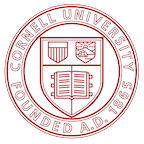
Valorization of Post-Consumer Plastic Waste
Geoffrey W. Coates, Ph.D, Cornell University | Visit Website
This grant supports Prof. Coates's research to apply compatibilizers to enable recycling of underutilized mixtures of post-consumer plastic waste such as plastic containers and soda bottle caps.
$499,548
-
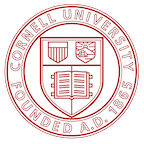
Enteric methane mitigation: Advancing seaweed and bromoform feeding from novelty to practice
Joseph W. McFadden, Ph.D, Cornell University | Visit Website
This grant supports Prof. McFadden’s research to evaluate the safety and efficacy of bromoform feed additives that reduce enteric methane emissions.
$993,613
-
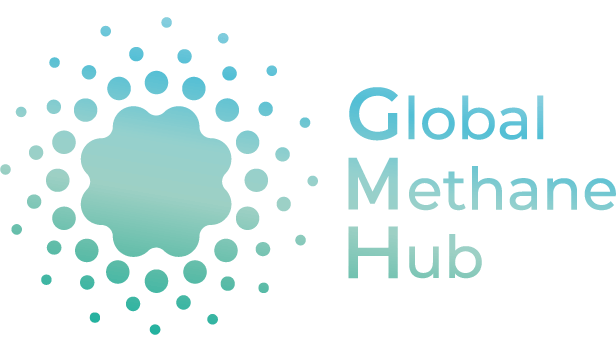
Enteric Fermentation R&D Accelerator
The Global Methane Hub, Windward Fund | Visit Website
This grant supports the Global Methane Hub's initiative in accelerating progress in developing breakthrough technologies to reduce enteric methane emissions.
$5,000,000
-
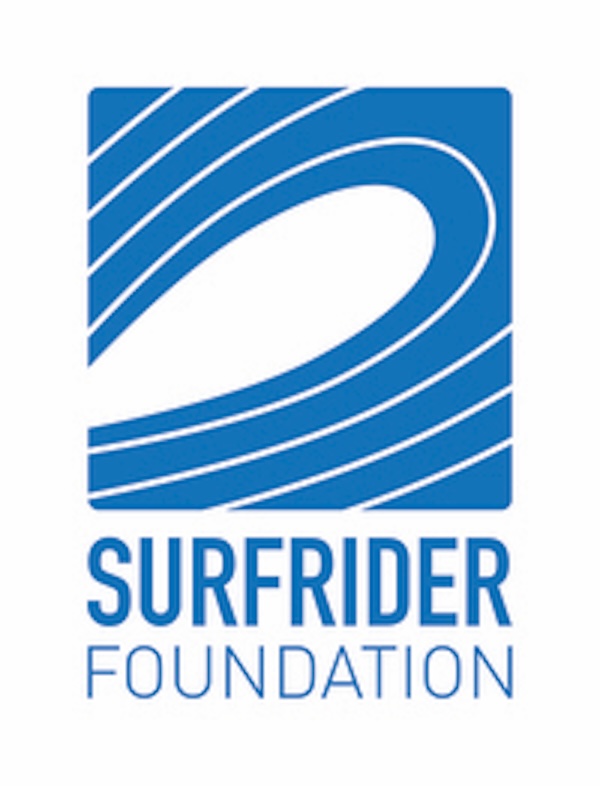
Healthy beaches in Nantucket, MA and Palm Beach County, FL
Surfrider Foundation | Visit Website
This grant supports the pilot expansion of Surfrider’s Healthy Beaches program; analysis of microplastic pollution in Palm Beach; and establishment of the Cape Cod and the Islands chapter.
$120,000
-

Collaborative fund grantmaking: Agriculture research
The Global Methane Hub, Windward Fund | Visit Website
This grant supports the Global Methane Hub’s grantmaking, specifically for research in reducing agricultural methane emissions.
$1,500,000
-
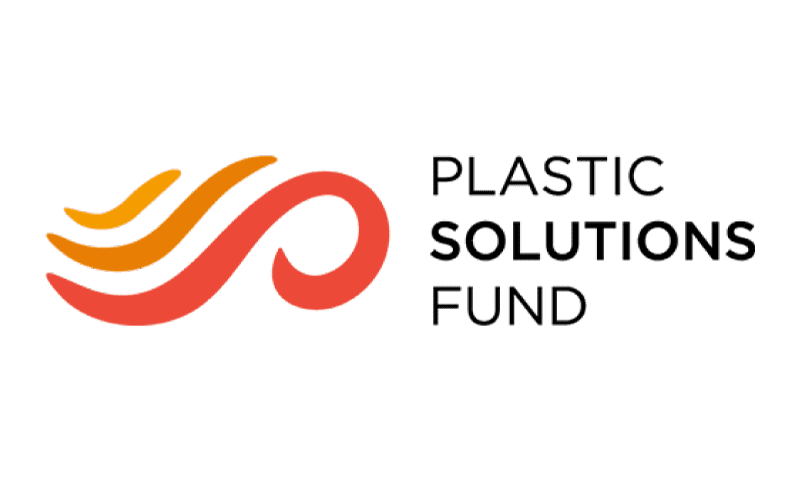
Collaborative Fund Grantmaking
Plastic Solutions Fund, Rockefeller Philanthropy Advisors | Visit Website
This grant supports the Plastic Solution Fund's grantmaking.
$300,000
-
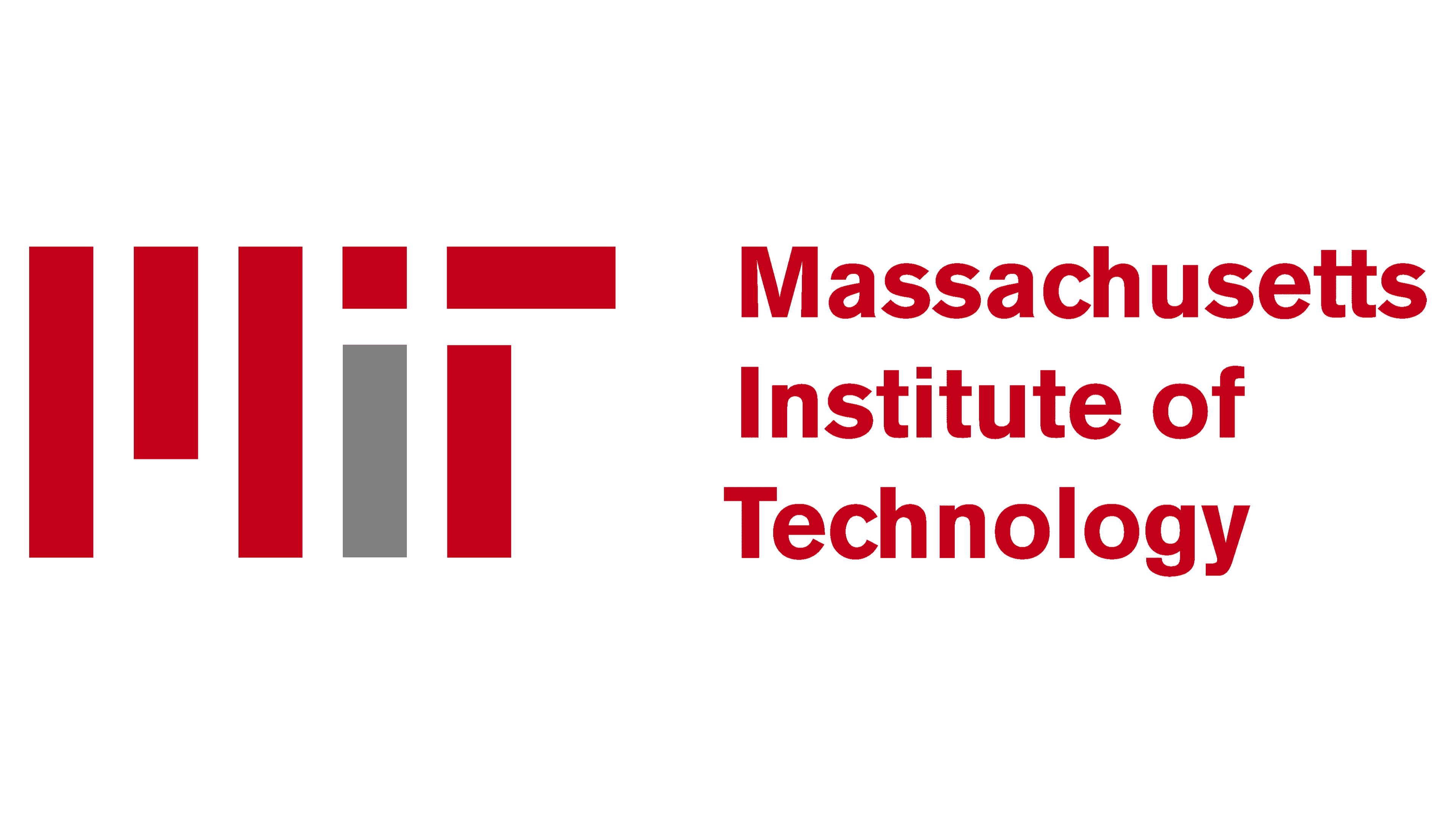
Climate change mitigation: Scaling conversion of low-level methane
Desirée Plata, Ph.D., Massachusetts Institute of Technology | Visit Website
This grant supports Prof. Plata's research to continue development of a catalyst to convert low-level methane in high throughput reactors and field test in dairy barns.
$750,000

